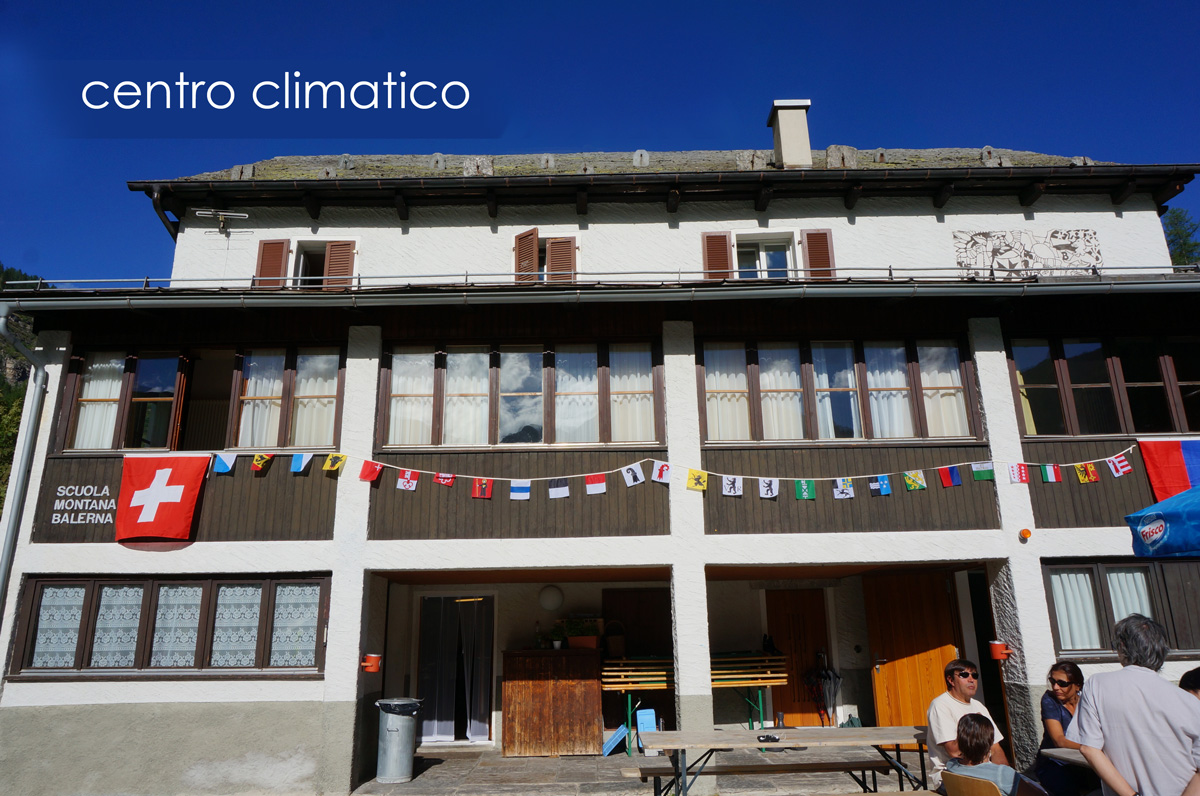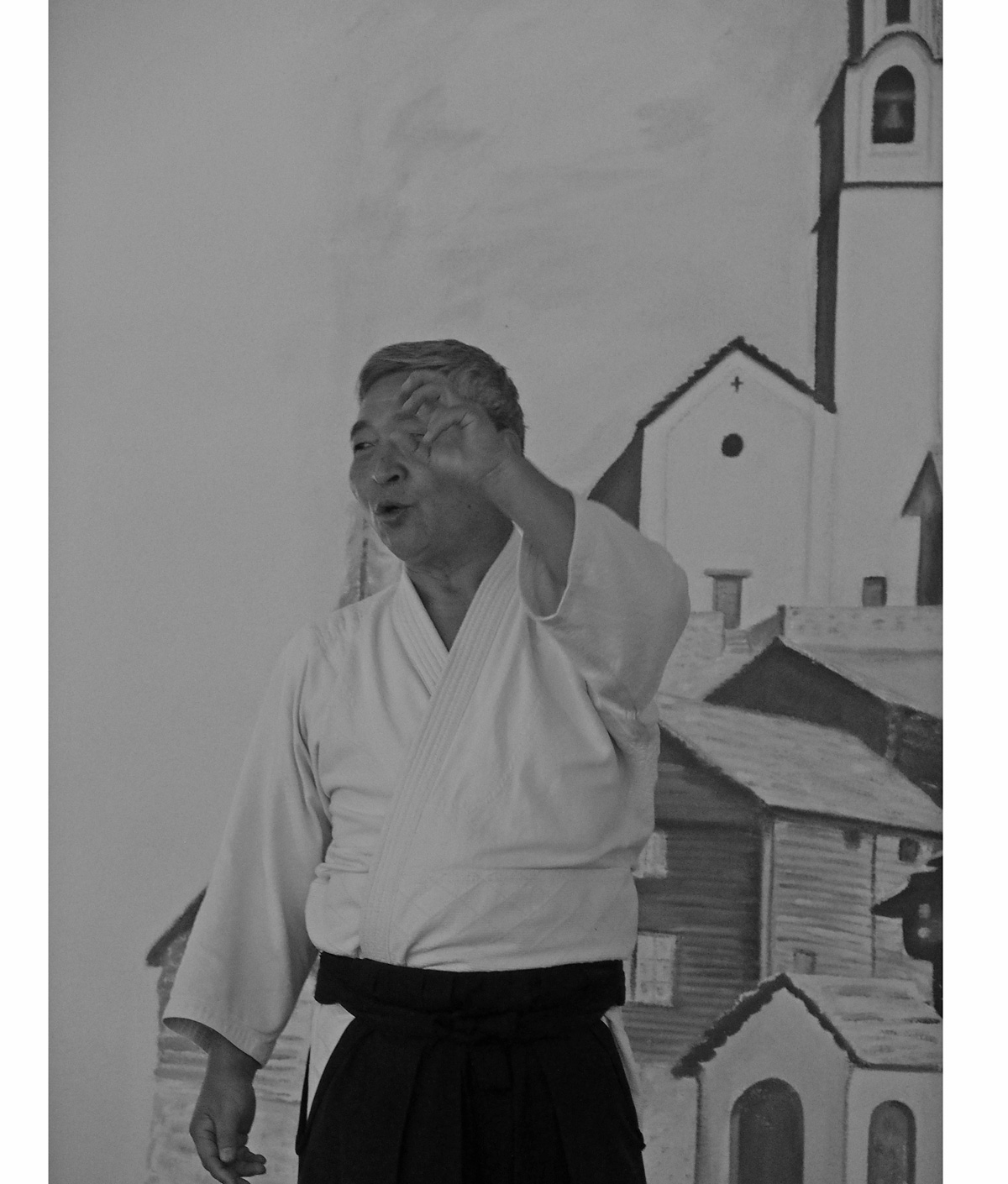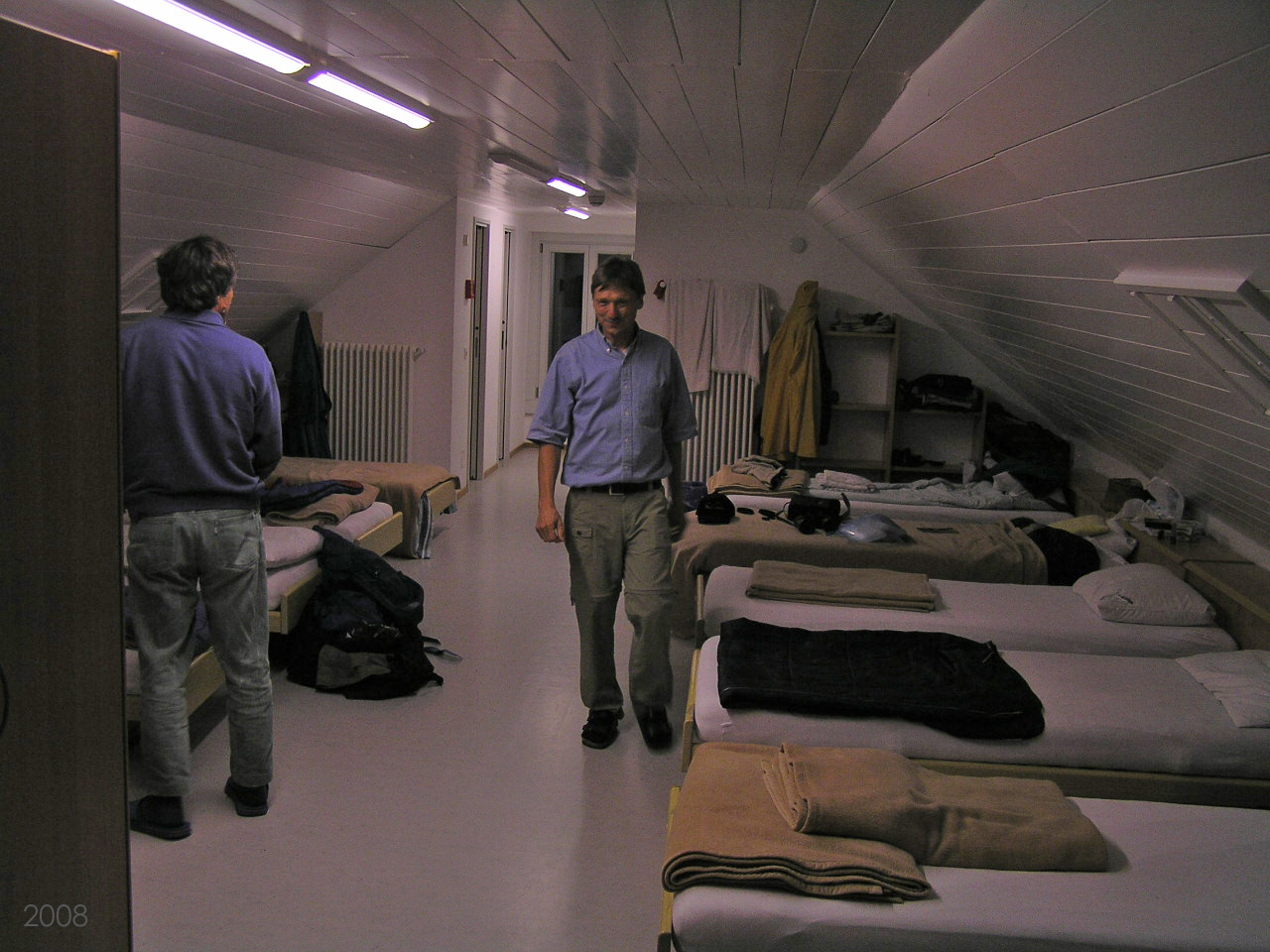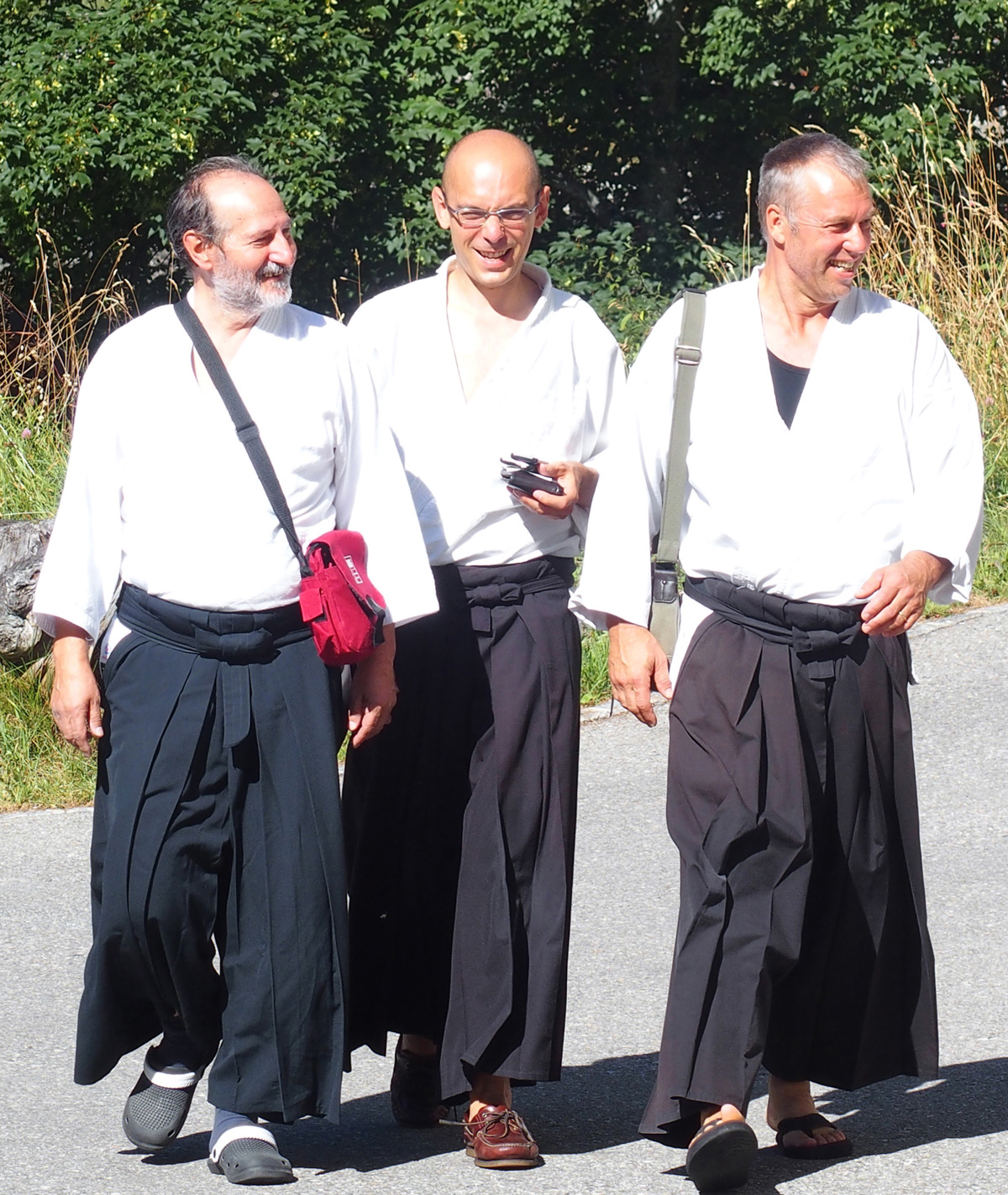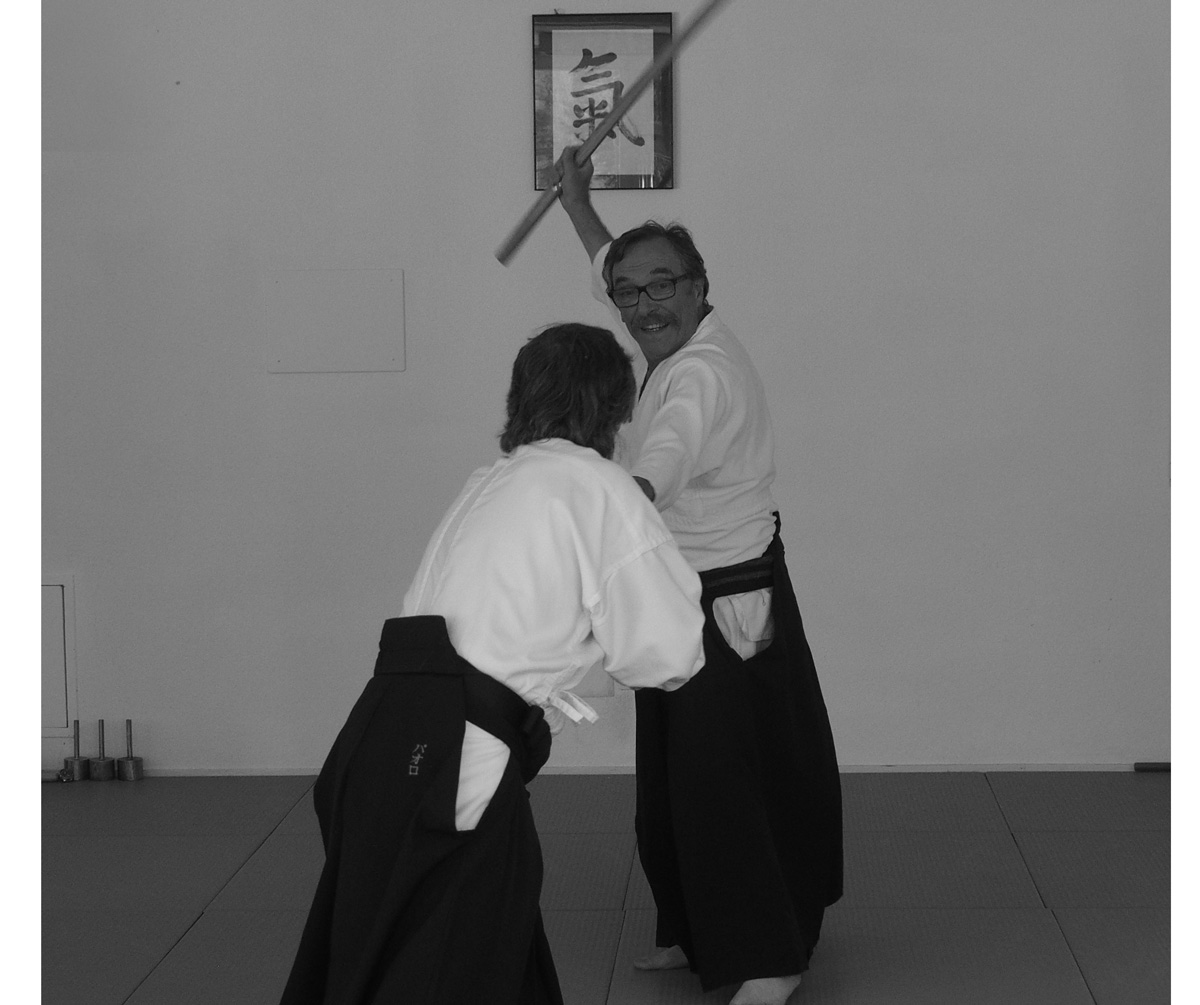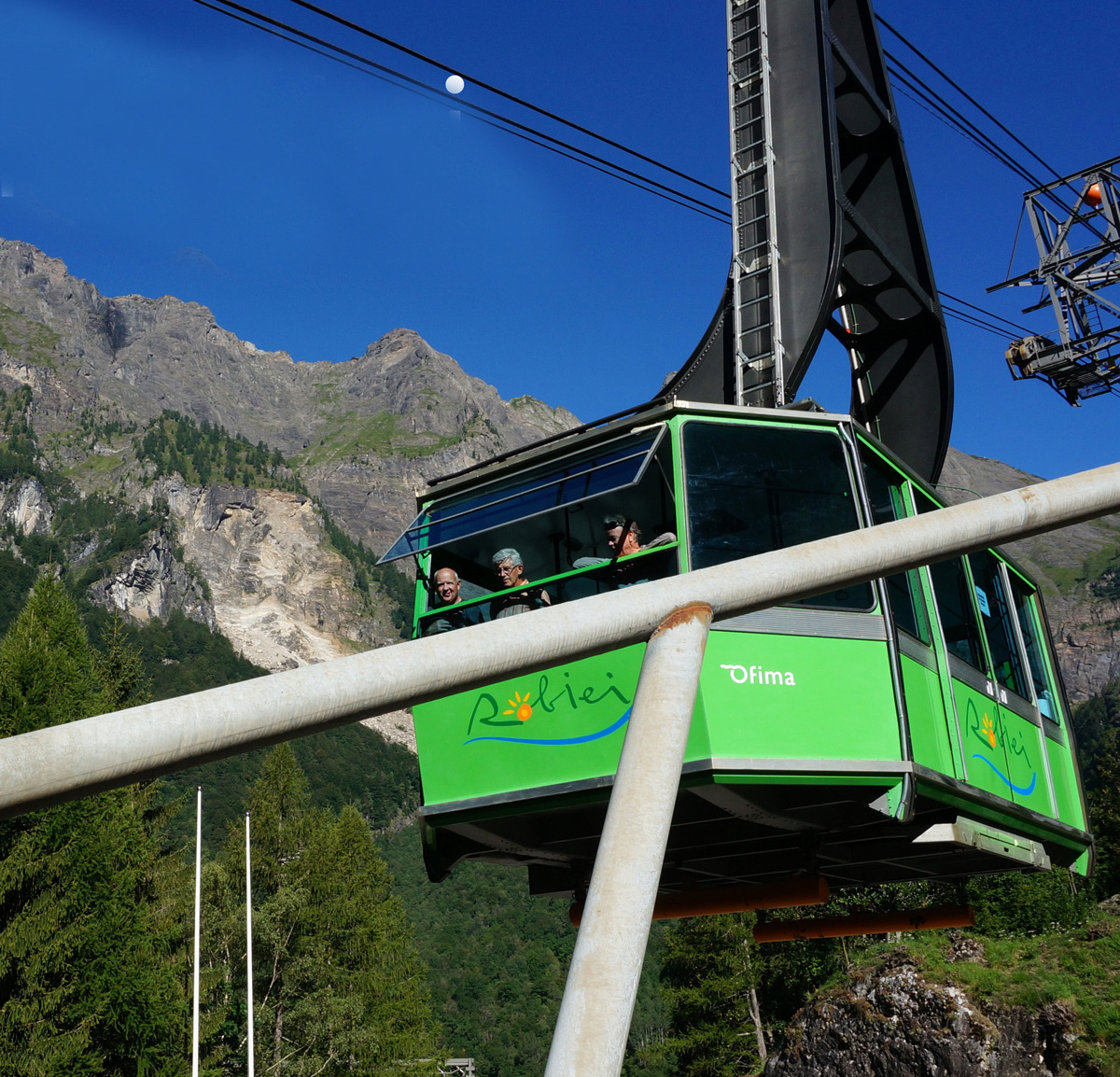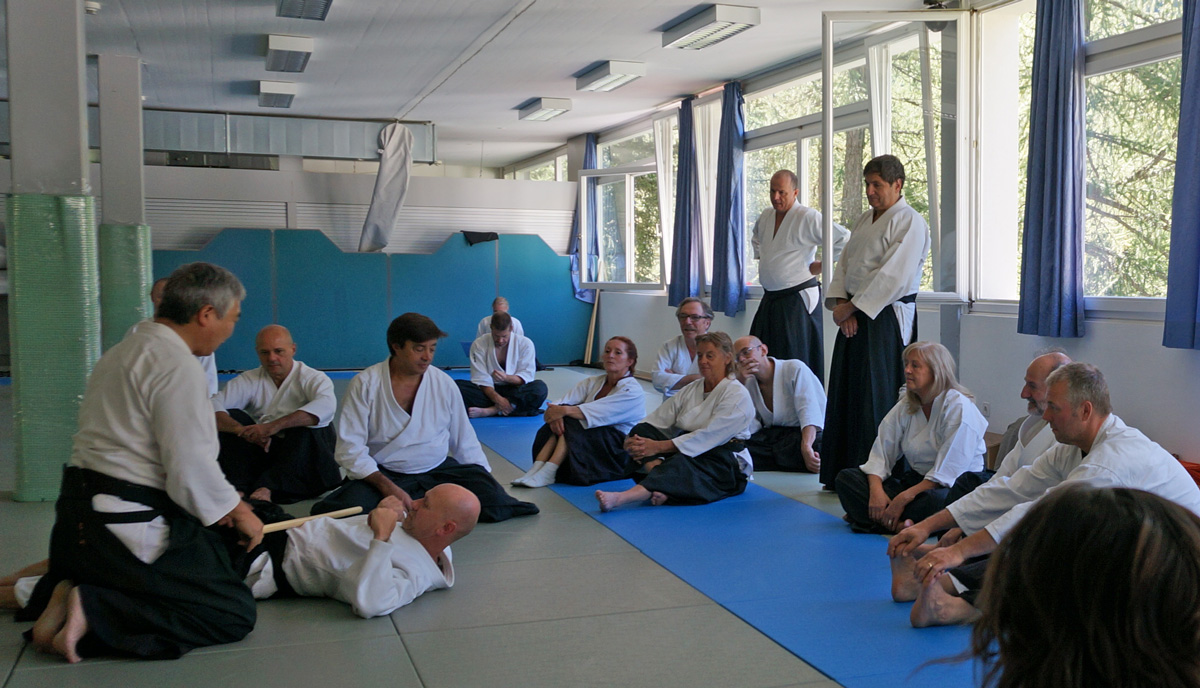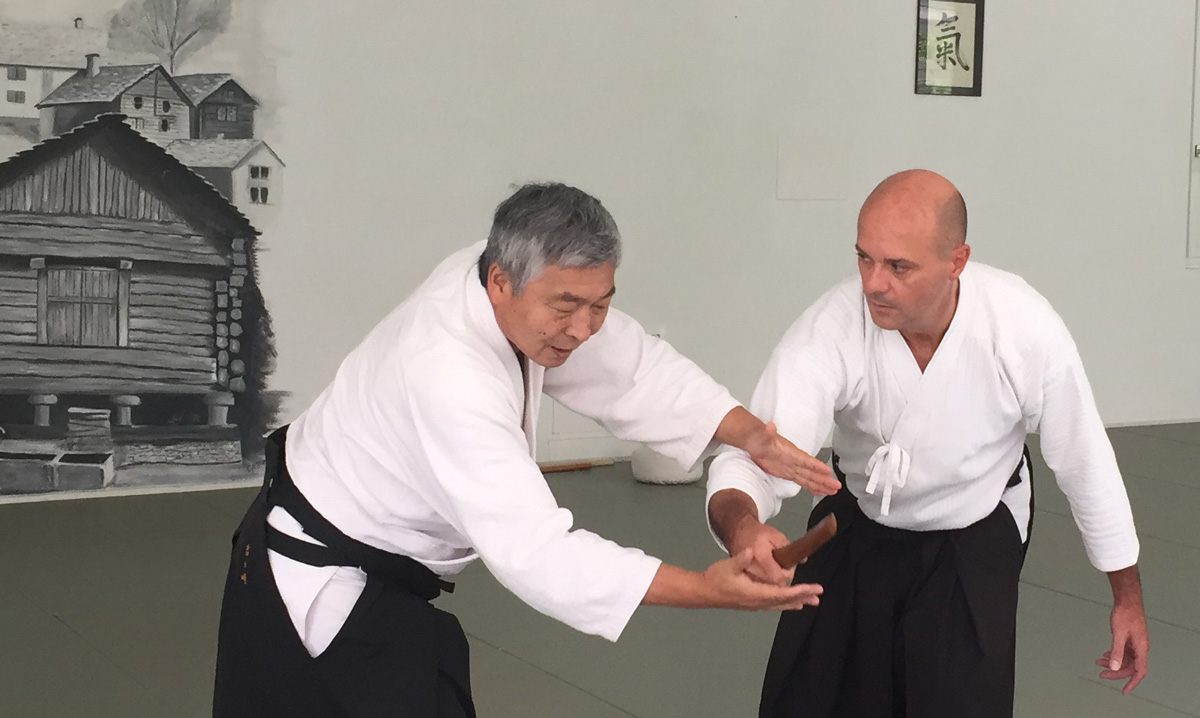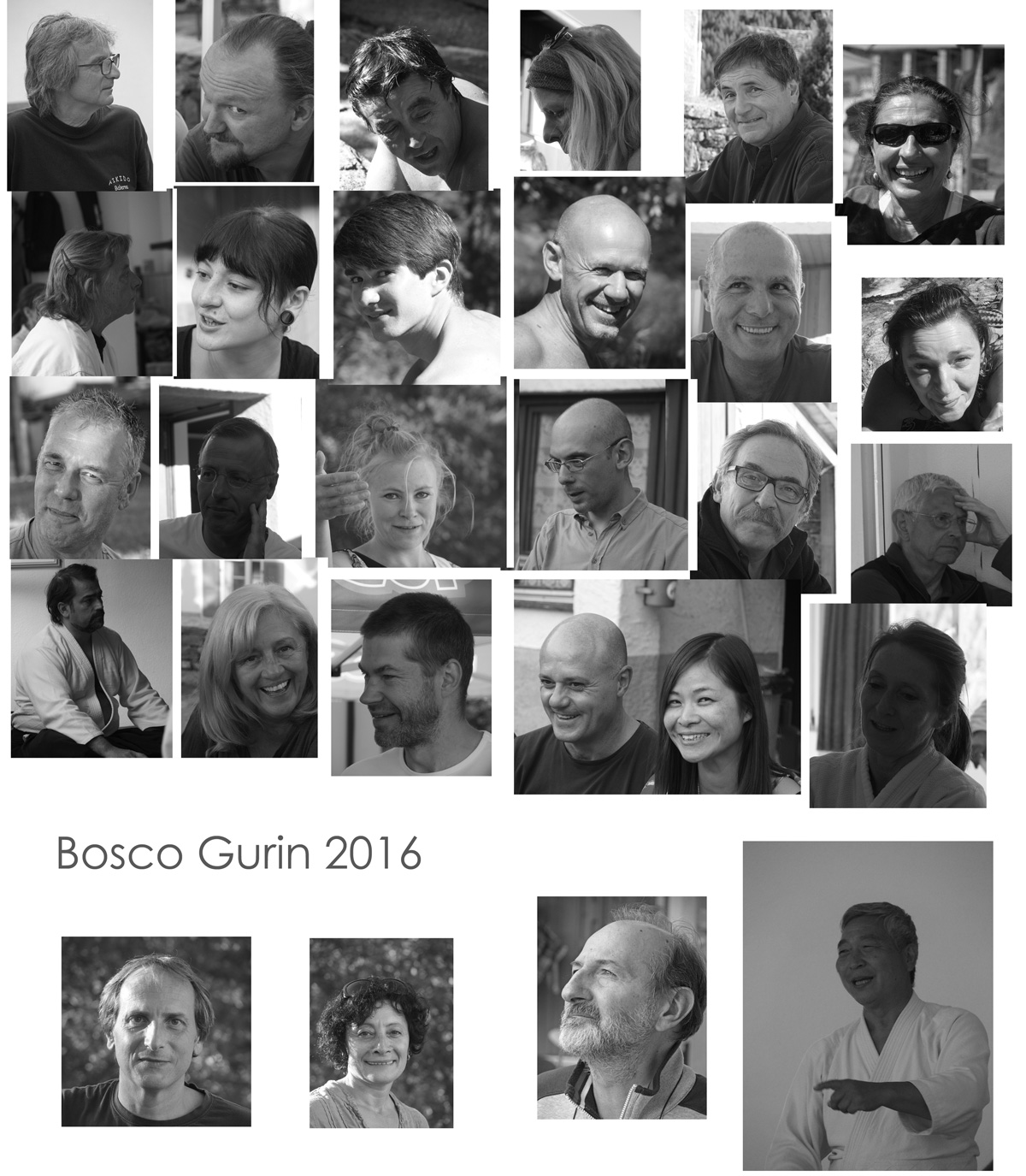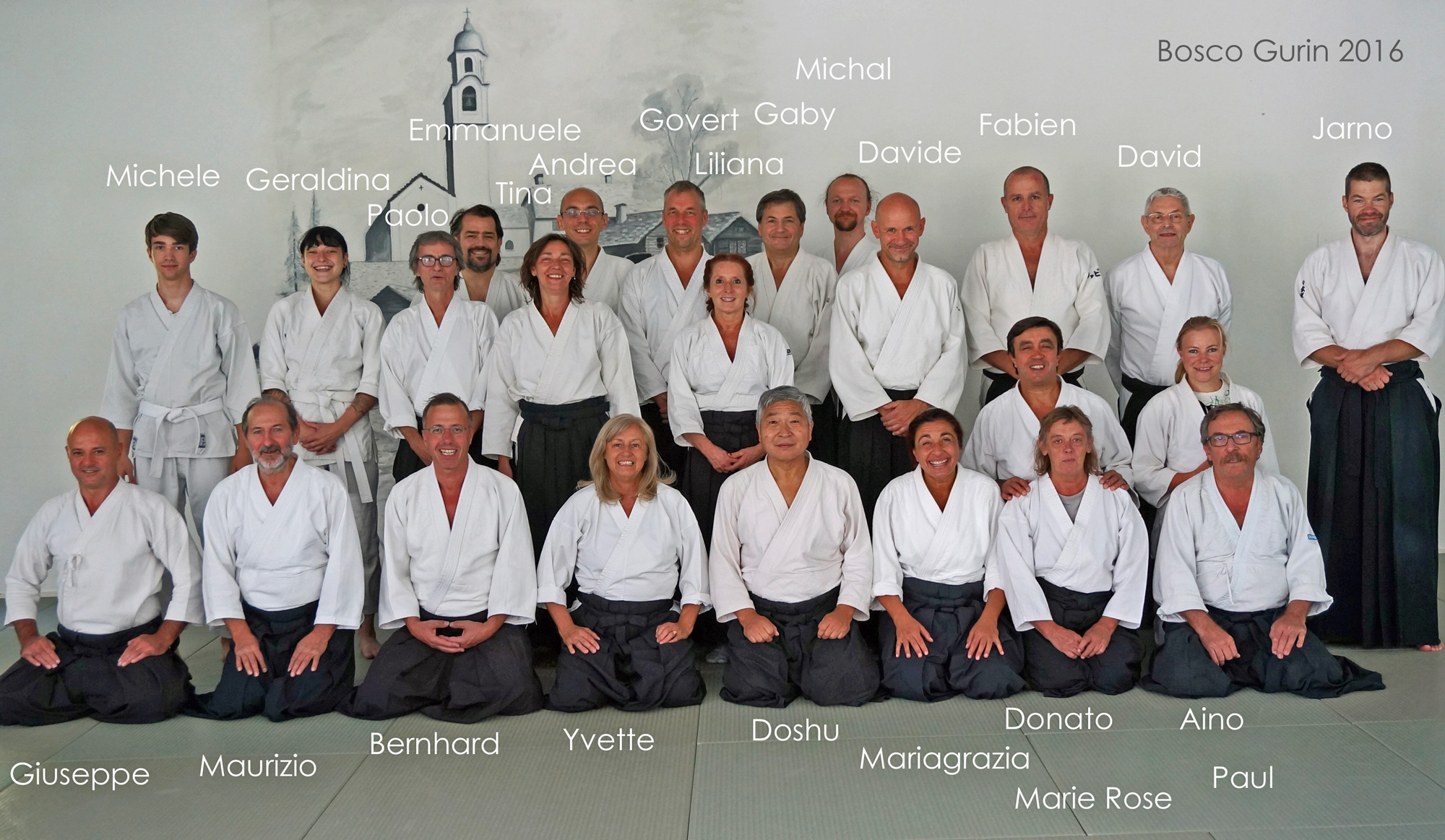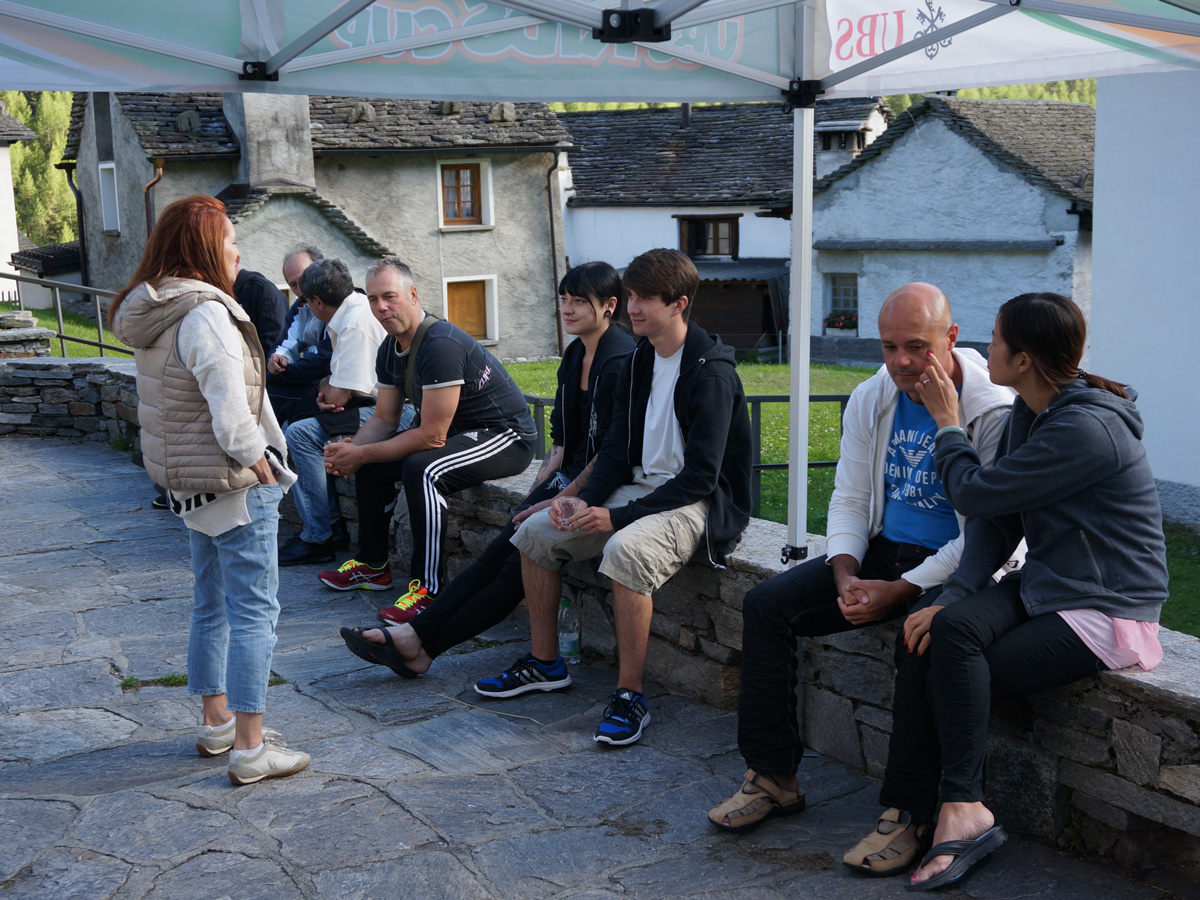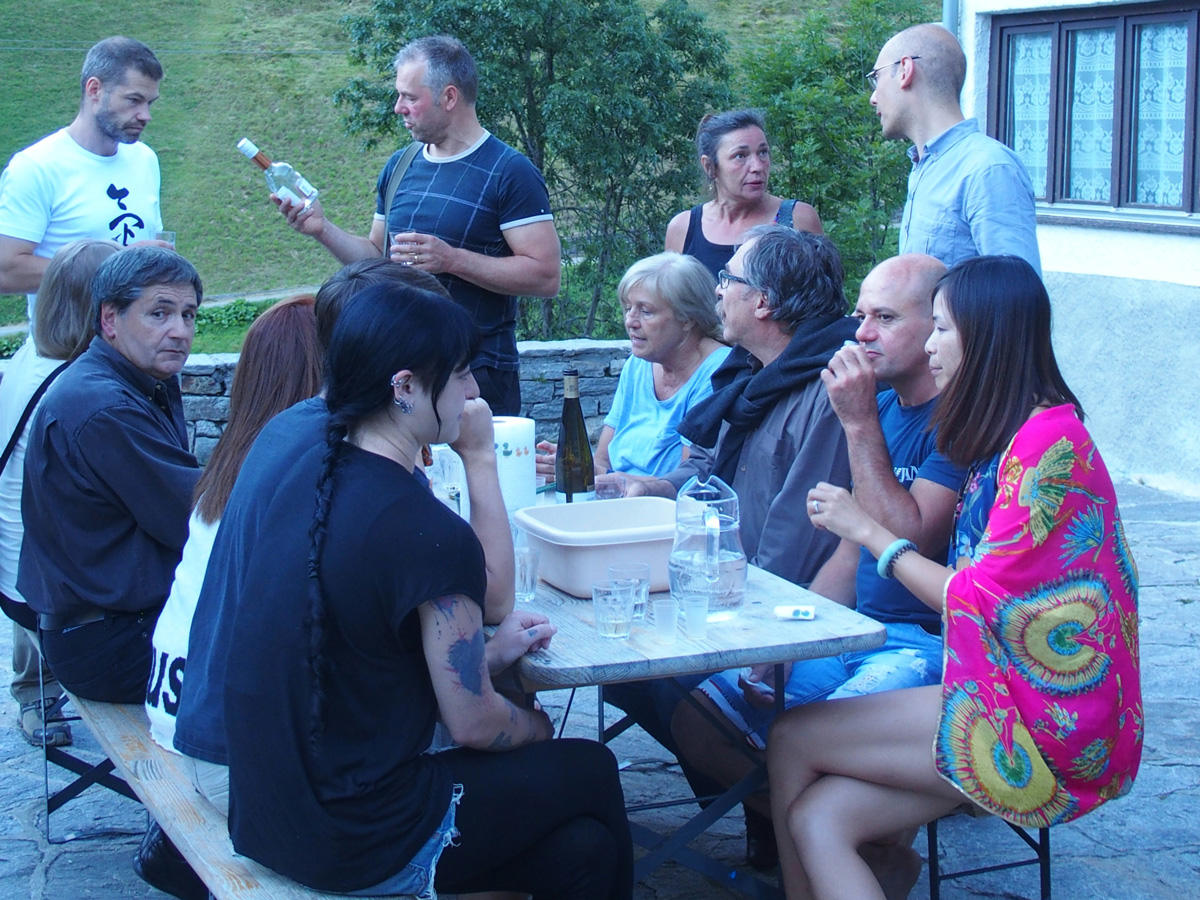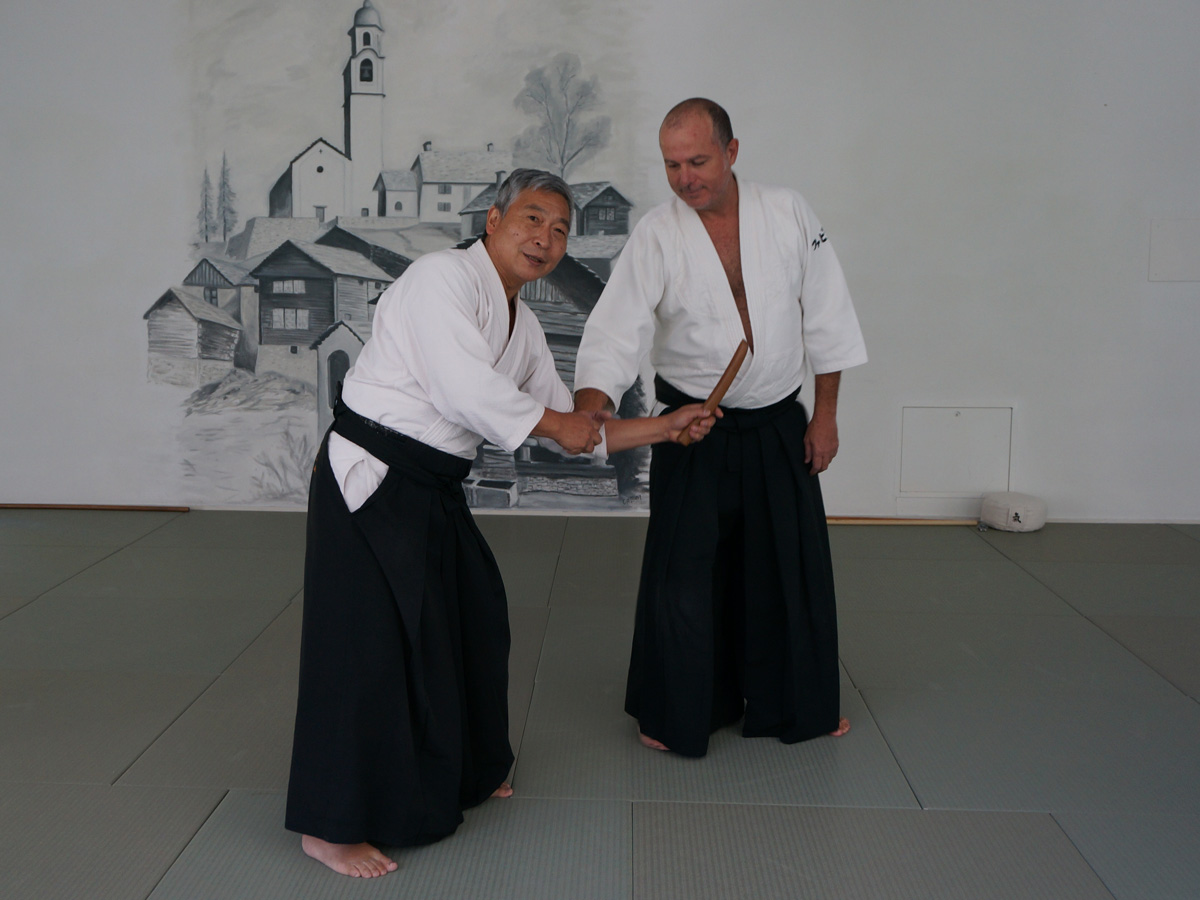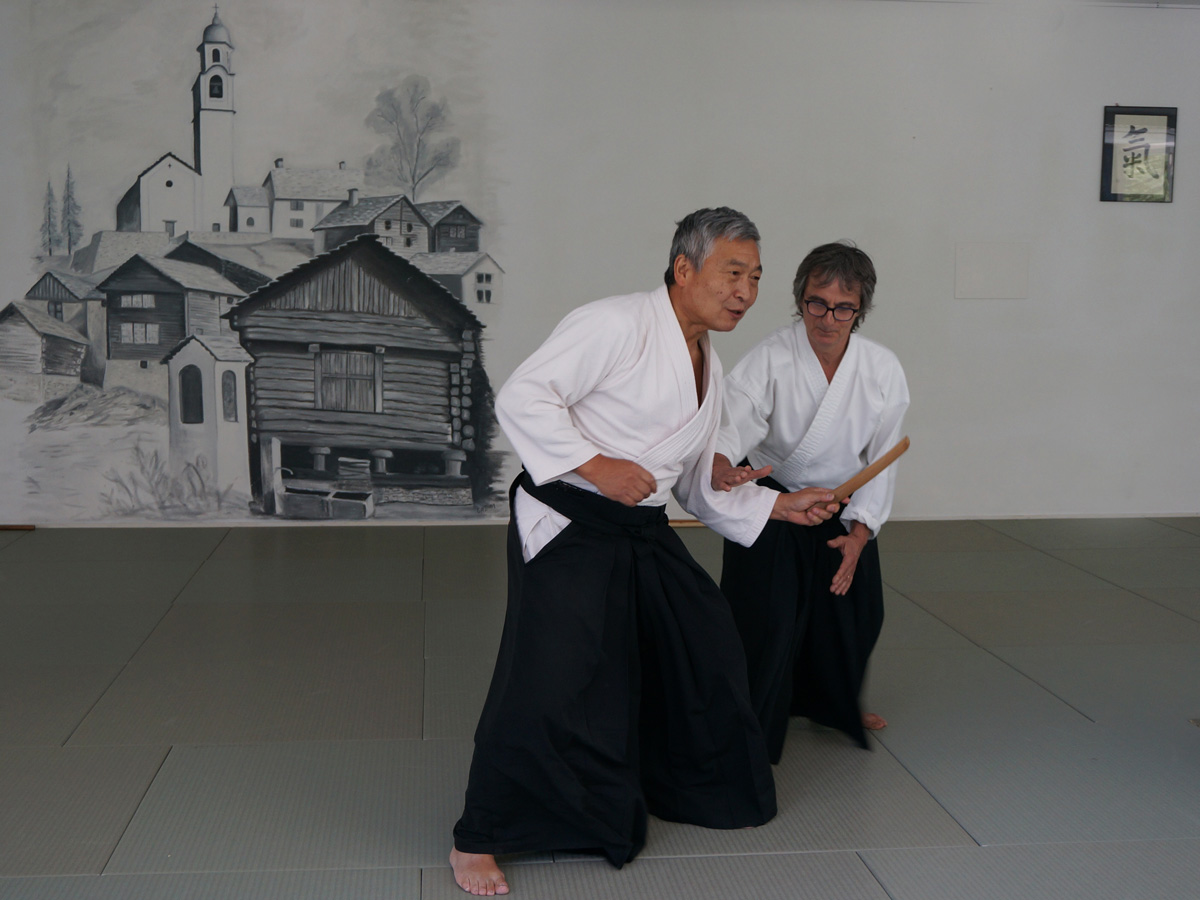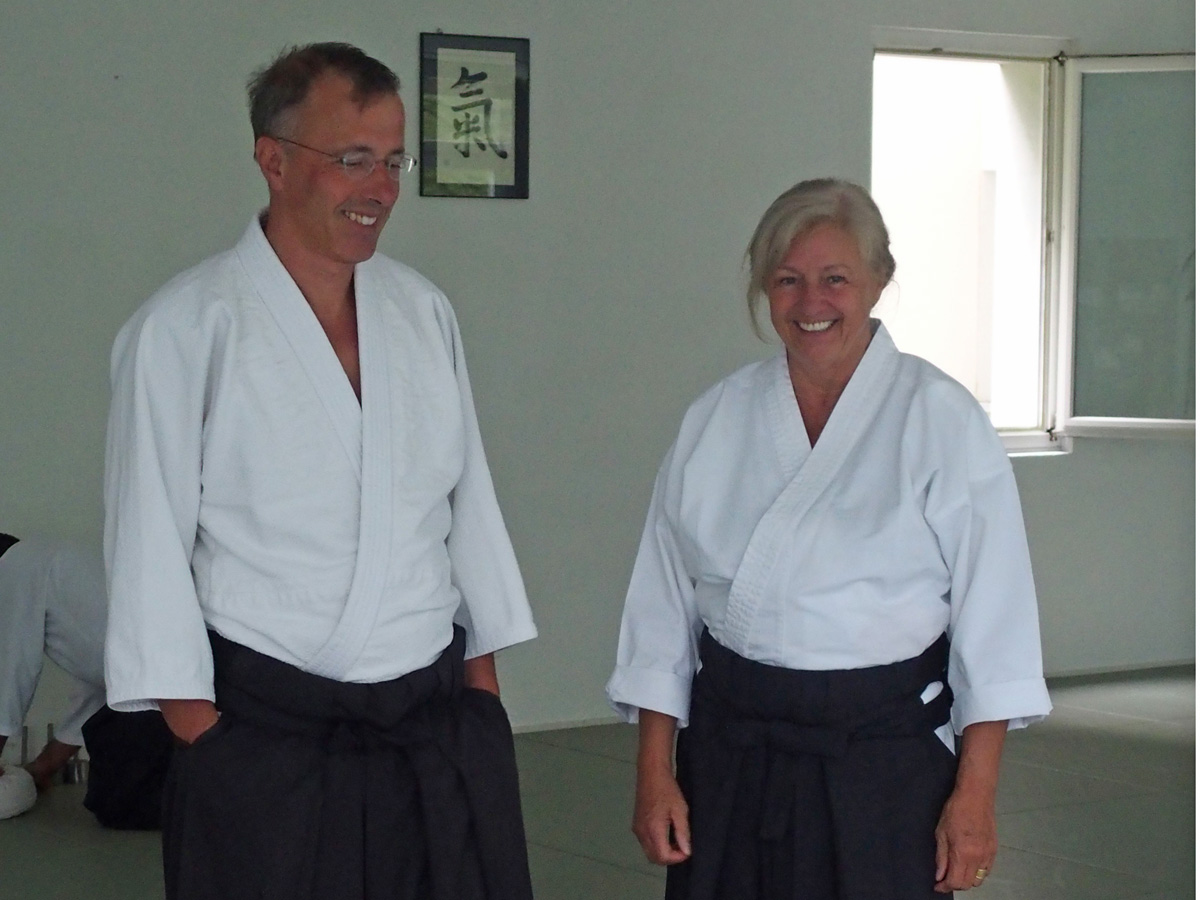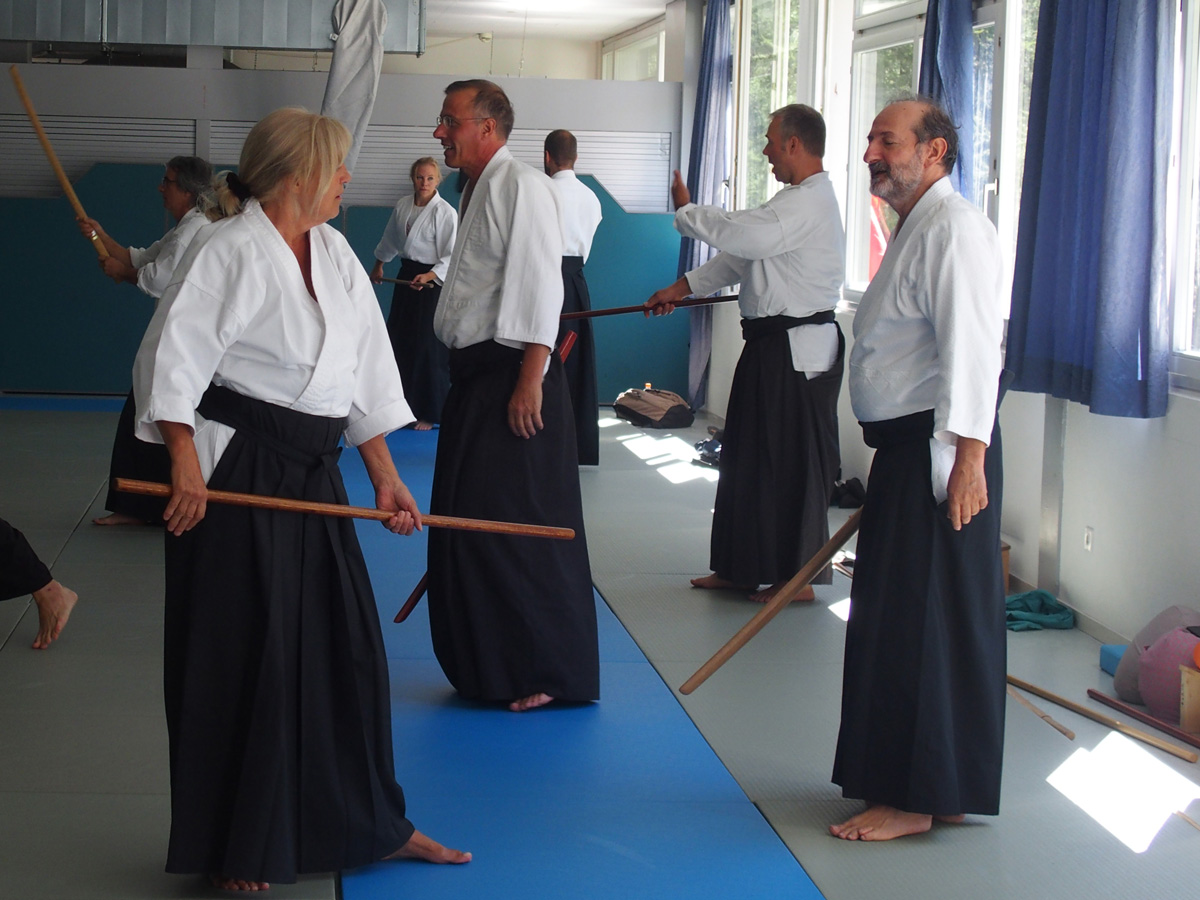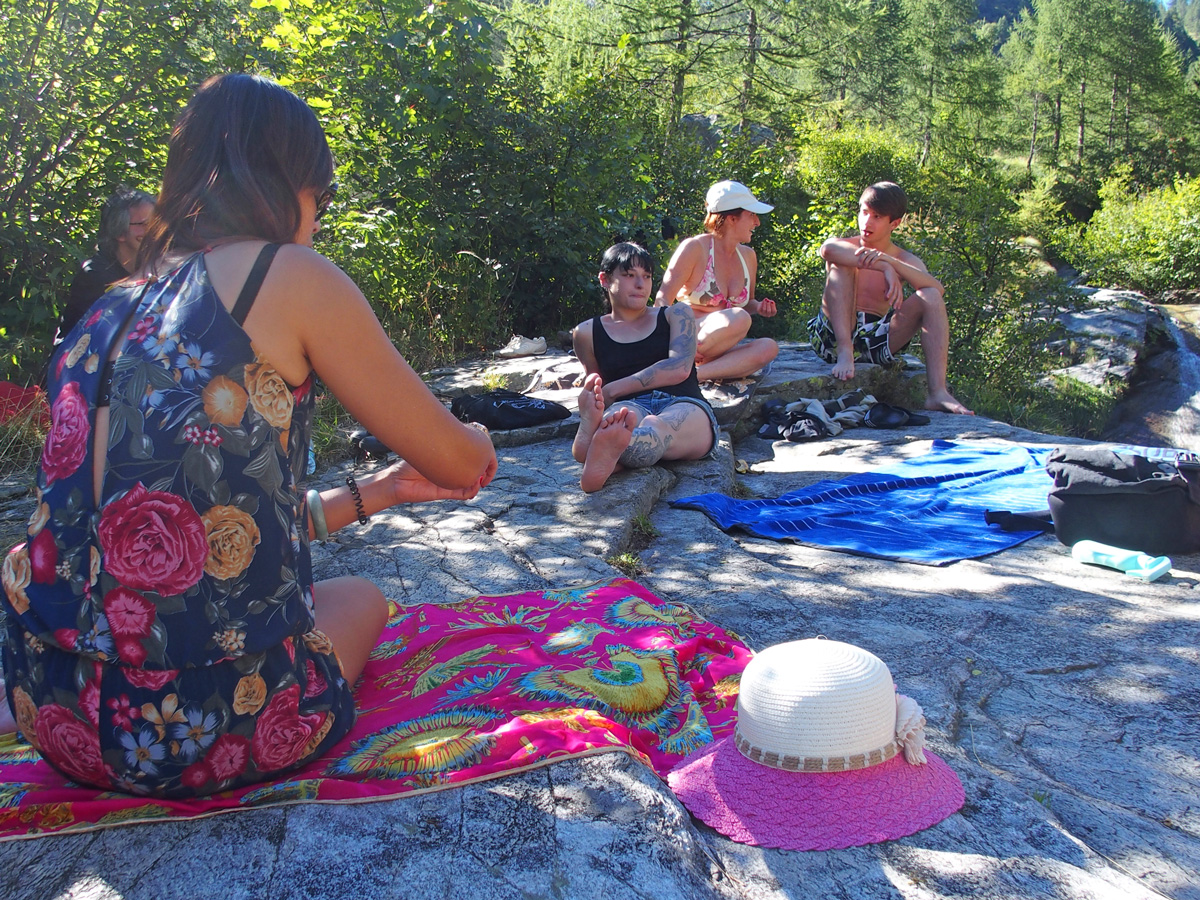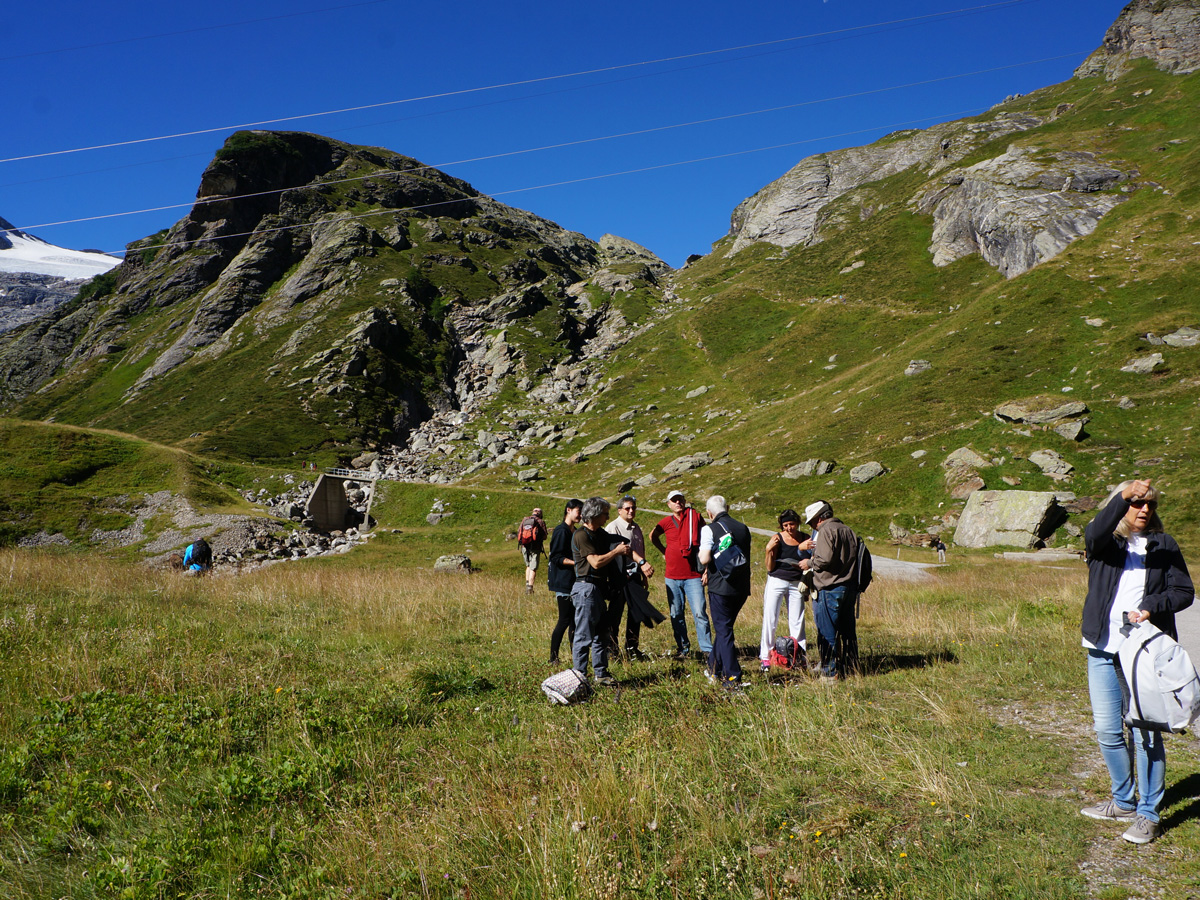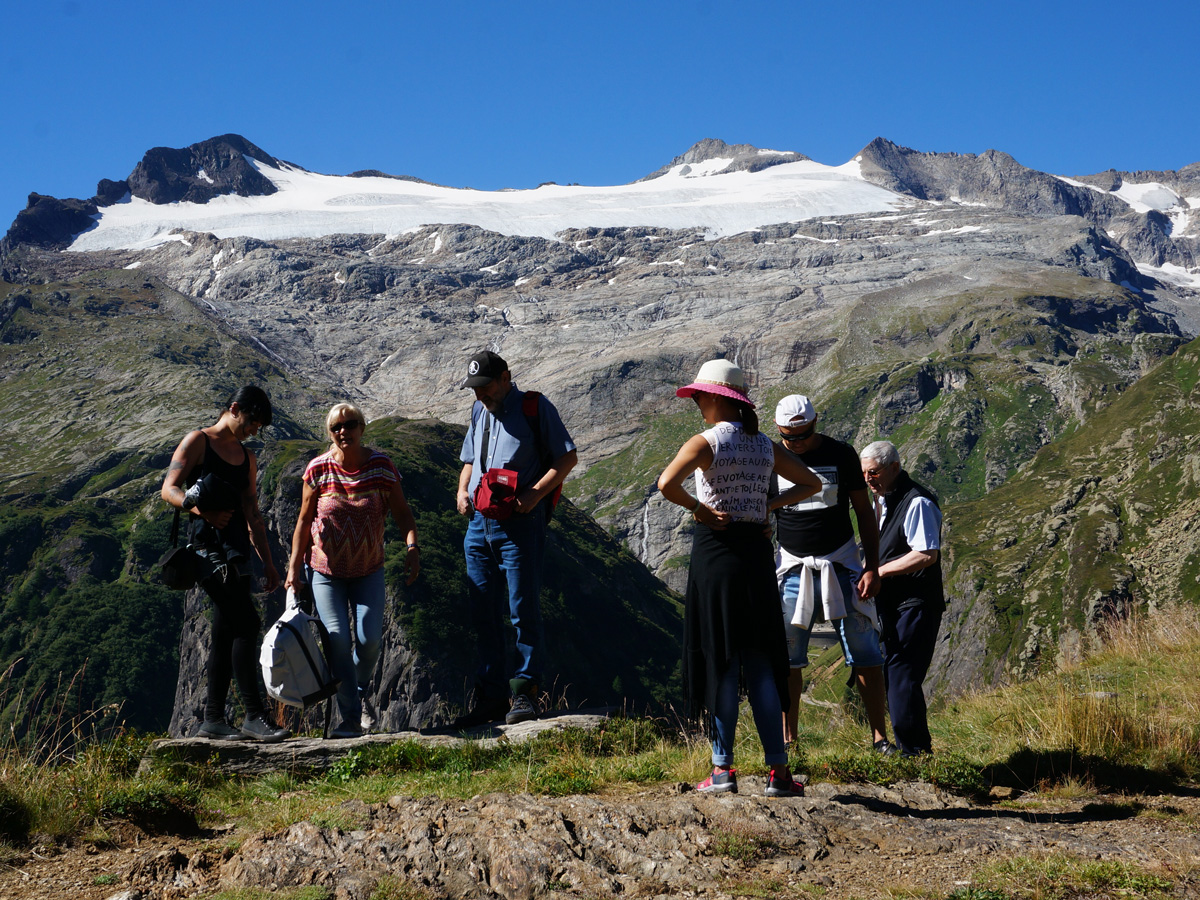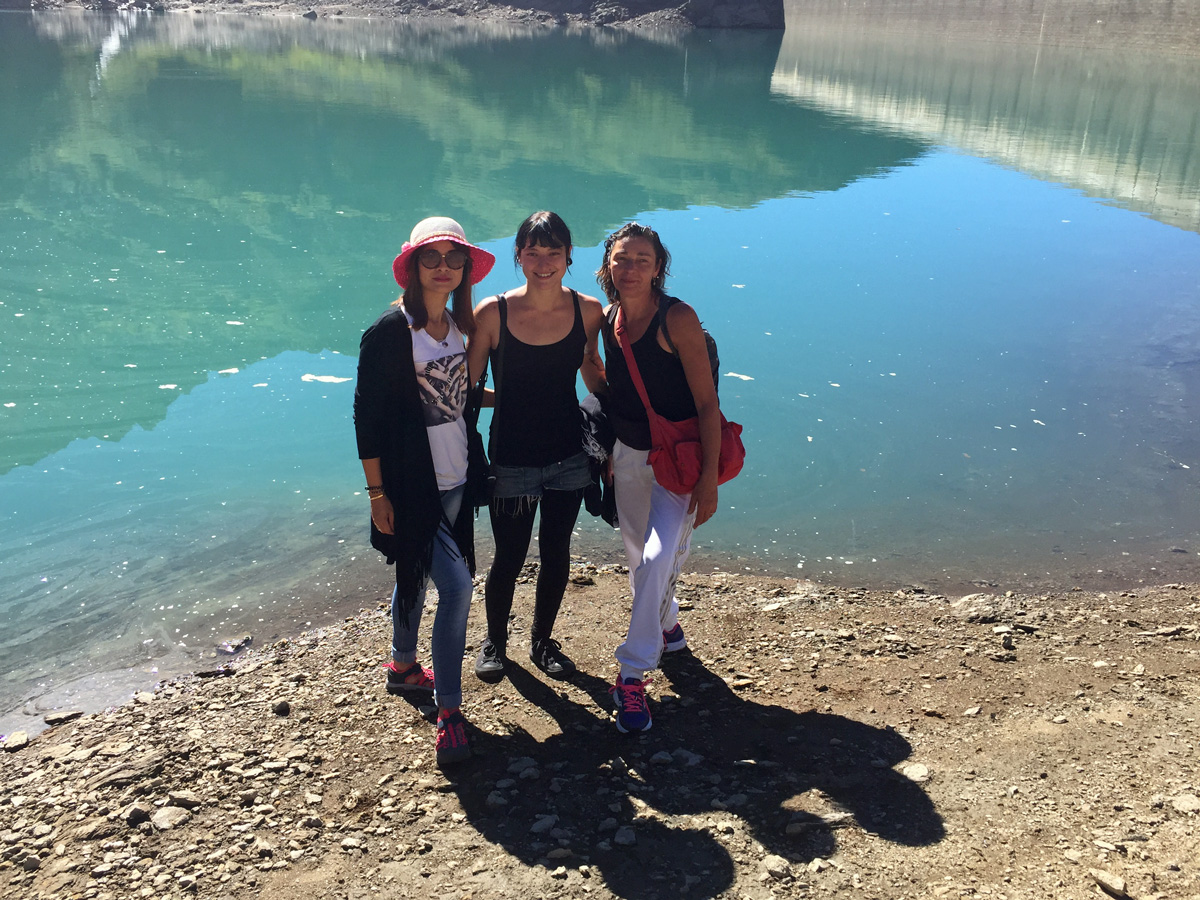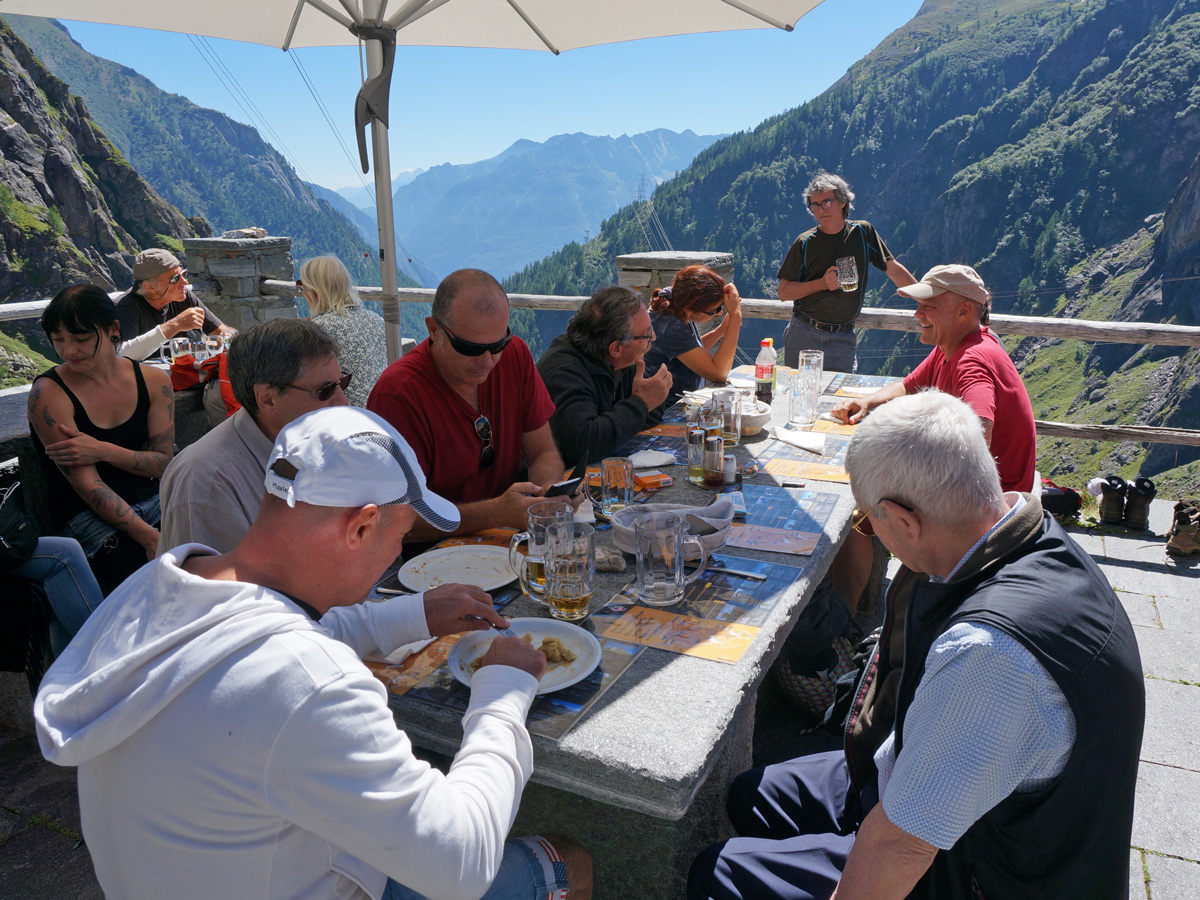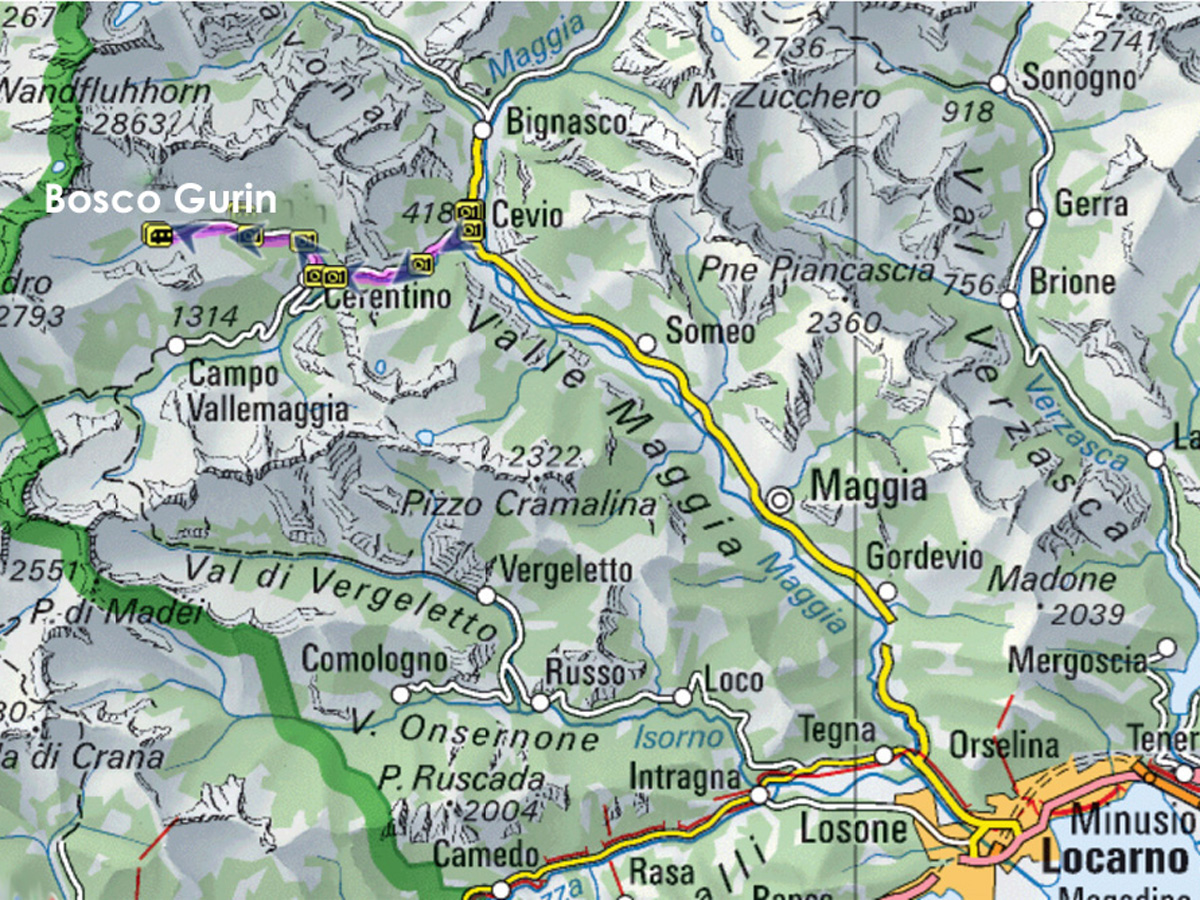Sunday, First Day
Sunday is the day on which misogi is not practiced early in the morning, so we start at 8:30 a.m.
The day is beautiful and the weather will remain so all week. The baker from Bosco will tell me that it will be the most beautiful week of the summer, and indeed, it has been an unusually sunny week.
This year, the doshu decides to present a few aphorisms each day to stimulate reflection among the group of students. On the first day, it is:
What does it mean to be poor and not rich in Japan?
And to be poor and not rich in India?
And to be poor and not rich in Italy?
In daily training, the master also speaks about the topics that are dear to him. Often, the seminars are too short for what he has to say and teach. And if you don't follow him from beginning to end, there are always gaps and misunderstandings regarding what he says. This is also because each of us interprets everything in our own way and forms our own ideas about what we seem to have understood. Before forming an opinion about Yoshigasaki Sensei's statements, we must listen to him and try to understand him. Is it a difficult thing? Yes, it is. We're used to living comfortably, but this must also have some benefit in terms of our free time. That is, it must allow us to spend it meaningfully.
We generally try to avoid fatigue, and what does that lead to?
Practicing Aikido, like anything done with passion and dedication, is not an easy activity, but no one tells you that on the first day of practise.

